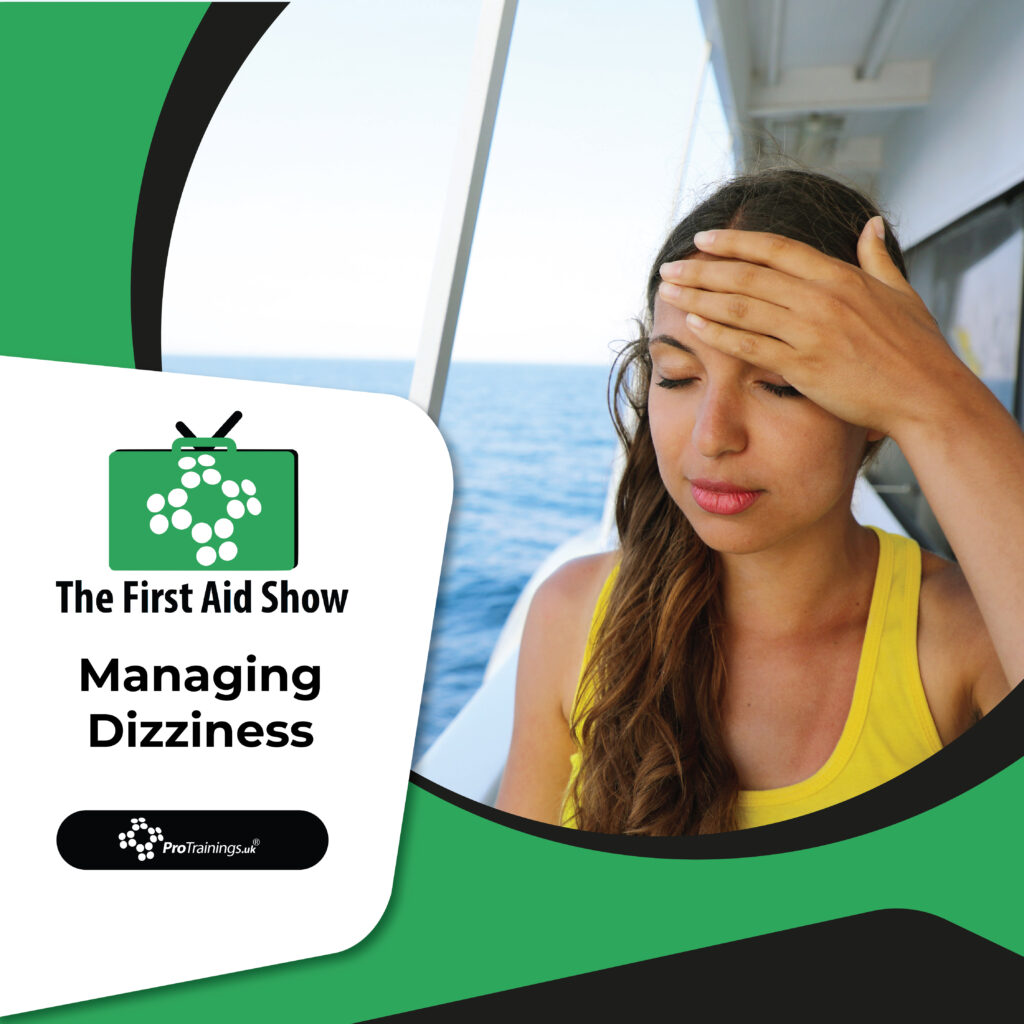Managing Dizziness
Dizziness, while often not a serious issue on its own, can significantly disrupt daily activities. It’s essential to understand how to manage these symptoms effectively to maintain your quality of life.
Understanding Dizziness
Dizziness encompasses various sensations such as feeling unsteady, lightheaded, or the false sense that your surroundings are spinning. It is commonly a symptom of several conditions ranging from benign, like dehydration, to more serious, such as neurological disorders.
Common Symptoms
The symptoms accompanying dizziness might include light-headedness, a sensation of fainting, loss of balance, vertigo, or even nausea and vomiting. These symptoms can appear with varying intensity and could last from a few seconds to much longer periods, depending on the root cause.
Managing Dizziness at Home
Most dizzy spells can be managed effectively at home. Here are some strategies:
- Immediate Action: If you start feeling dizzy, sit or lie down immediately to reduce the risk of falling. Try to move slowly and deliberately when you need to change positions.
- Hydration: Drink plenty of fluids, as dehydration is a common cause of dizziness.
- Nutrition: Eat regular, balanced meals to maintain stable blood sugar levels.
- Rest: If necessary, rest in a quiet, dark room to help relieve severe dizziness.
What to Avoid
While managing dizziness, certain actions should be avoided:
- Avoid sudden position changes or quick head movements, which might exacerbate dizziness.
- Refrain from driving or using heavy machinery until the dizziness fully resolves.
- Limit consumption of alcohol, caffeine, and tobacco, all of which can trigger or worsen dizziness symptoms.
When to Seek Medical Attention
Managing dizziness also involves knowing when to get professional help. Seek immediate medical attention if dizziness is accompanied by severe headaches, chest pain, breath shortness, sudden vision changes, or if it occurs post-head injury. Persistent or recurrent dizziness should also prompt a visit to a healthcare provider.
Prevention Tips
To minimize the risk of dizziness:
- Stand up slowly from sitting or lying positions to prevent the drop in blood pressure that can lead to light-headedness.
- Ensure adequate sleep and manage stress to help reduce occurrences of dizziness.
- Maintain a nutritious diet and stay hydrated, especially if you have conditions that predispose you to dizziness.
- Regularly review and manage any underlying health issues with your doctor to keep dizziness at bay.
Conclusion
By proactively addressing the underlying causes and symptoms, managing dizziness can become a manageable part of your life, allowing you to continue activities with minimal disruption. Always consult healthcare professionals if symptoms persist or worsen to ensure appropriate treatment.


